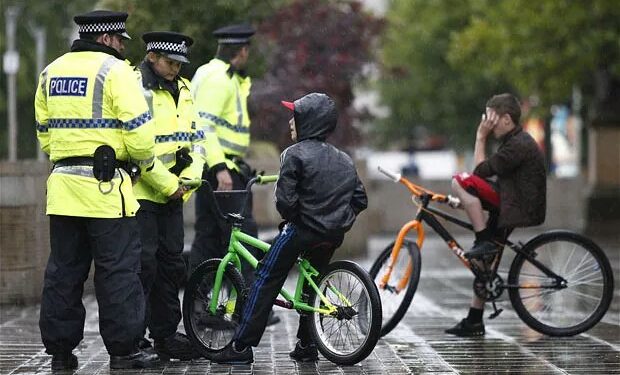Black children in London are significantly more likely to be criminalised than their white counterparts, according to new data highlighting persistent racial disparities within the capital’s youth justice system.
Figures released by the Youth Justice Board and scrutinised by campaigners show that Black children arrested in London are around 15% more likely to be formally criminalised than white children for similar offences. The findings have reignited concerns about systemic bias within policing and the broader criminal justice system, particularly regarding young people from ethnic minority backgrounds.
The analysis, covering arrests and outcomes across the city’s 32 boroughs, indicates that while overall arrest rates for children have fallen in recent years, racial disproportionality remains entrenched. Black children made up a disproportionately high percentage of those referred to youth courts, while also being less likely to be diverted through community resolutions or caution schemes compared to white peers.
Experts say the figures reflect long-standing structural inequalities, including over-policing in predominantly Black communities and the impact of racial stereotypes in risk assessments made by police and youth offending teams. Deborah Coles, director of the charity INQUEST, called the data “deeply disturbing” and warned that young Black Londoners are being “systematically funnelled into a punitive system that damages life chances.”
The Metropolitan Police said it was “committed to fair treatment and improved trust” but acknowledged there was “work to do” to address disparities. A spokesperson pointed to new training on unconscious bias and changes in youth custody protocols as steps toward tackling disproportionality, but campaigners remain sceptical.
Community advocates have also raised concern that recent policy shifts — including greater use of stop-and-search and tougher sentencing guidance — are disproportionately affecting children from ethnic minorities. In areas such as Croydon, Hackney, and Lambeth, local data revealed Black boys as young as 13 were being charged at higher rates than other children for identical misdemeanours.
In response to the findings, the London Mayor’s Office for Policing and Crime (MOPAC) has pledged to conduct a review of how diversion schemes are applied and whether racial bias is playing a role in decision-making. Youth workers and legal charities are urging that this not only lead to better safeguards but also wider cultural change in how authority figures perceive and treat young Black Londoners.
The government has been criticised for failing to act decisively despite repeated evidence of inequality within the youth justice system. A 2017 review by Labour MP David Lammy already flagged “dizzying” levels of racial disparity, yet many of its recommendations remain only partially implemented.
Advocates are calling for more transparent oversight, investment in youth services, and a shift from punitive models to preventative approaches. “We can’t police our way out of inequality,” said one youth mentor in east London. “These kids need support, not suspicion.”
REFH – newshub finance



Recent Comments